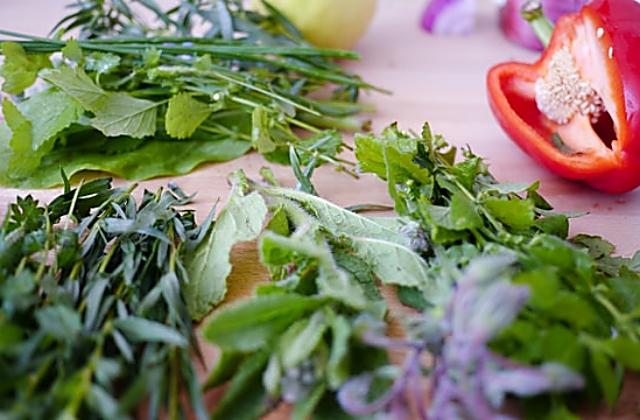How to Start a Vegetable Garden For Beginners

If you are looking for information on how to start a vegetable garden for dummies, you have come to the right place. Most people that want to start growing vegetables or even plants don’t know where to start. They either get confused with all of the different things to do or they just give up after trying a few things. On the other hand, some of them end up really succeeding in growing their own vegetables. Either way, the important thing is to follow some simple steps so you can grow a beautiful and healthy vegetable garden.
The first thing you should know about growing vegetables is the type of vegetables you are growing. Don’t get overwhelmed! There are tons of types of plants out there, and each has their own requirements when it comes to space and care. Also keep in mind how much sunlight your garden will get during different seasons. That way, you can plant plants that will grow better in that type of weather.
Next, figure out what plants you want to grow. This means you need to figure out the types of vegetables you like and which ones you like most. For example, if you love tomatoes you probably want to grow a whole lot of them, but some of those tomato plants will grow really tall. You have a few options if you want to use taller varieties: You could keep them in potting soil in the winter, and transplant them the following spring. Or, you can purchase tomato seeds and plant them in your garden.
How to start a vegetable garden for dummies also involves learning about light cycles, watering, fertilizing and harvesting. Different vegetables require different amounts of water, and each of those plants’ needs change seasonally as well. That means you need to be ready to test the water daily and re-fertilize your vegetables as needed.
Another tip, you’ll receive when learning how to start a vegetable garden for dummies is about harvesting. You have to find a place with plenty of sunlight, and you also have to harvest often. That means you have to be careful about which vegetables you’re growing, especially those that aren’t fast growing and that don’t like much light. (Learn more about these vegetables in my other articles.)
Knowing how to grow vegetables means you’ll also have to know which plants are good for your garden. It’s best to choose fast-growing plants that don’t need much attention. These include red peppers, beans, zucchini, carrots, broccoli, and cucumbers. These plants will help your garden fill out quickly because they won’t be sitting around too long. On the other hand, slow growing vegetables, such as onions and potatoes, should be kept in smaller spaces.
If you’re really new to gardening, then you can start by growing vegetables in pots. These are very convenient, and if you know how to start a vegetable garden for dummies, you can make a pot from leftover scraps. Just line the bottom of the pot with a few leafy green plants, such as spinach. Over the summer season, you can place an indoor plant in the bottom of the pot to replace the lost plants in the bottom of the pot. This way, you’ll have more room to grow more vegetables, and you’ll have a greater variety this way.
Another great thing about vegetable gardens that you can learn from the experts is how to keep your garden healthy. For instance, don’t water your garden when it starts to look dry. Instead, water it only when the soil feels dry and when there are fewer leaves. Try using mulch or straw instead of wood chips or stones to mulch your garden. By following these simple tips, you can easily get how to start a vegetable garden for dummies within a few short weeks.